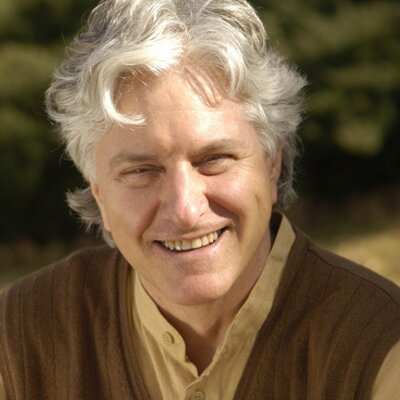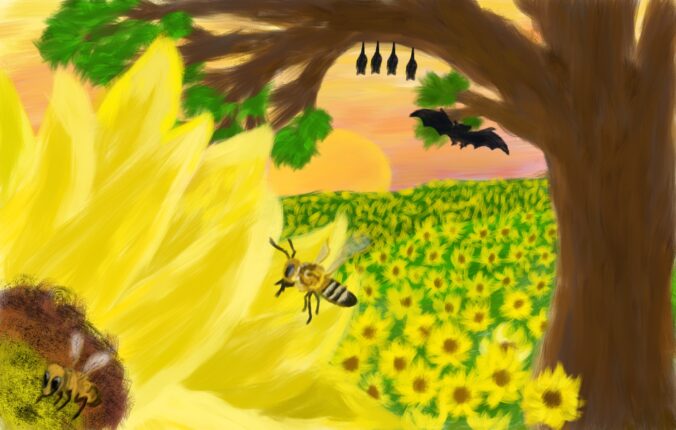Extractive industry is not working for us. Sooner or later, whatever resource is being extracted becomes depleted. Mine claims play out, oceans, lakes and rivers are fished empty, forests are leveled, and soil becomes exhausted. The natural systems from which we benefit are fundamentally regenerative when allowed to function, something indigenous cultures have understood for thousands of years. In this interview with Marc Ian Barasch, author and filmmaker, we discuss the ideas behind applying regenerative principles to the business of agriculture, providing for greater abundance for a population of nearly 8 billion people, and caring for climate, water and other systems that are failing as we speak.

In 2006, Marc Ian Barach founded one of the pioneering organizations of the global regeneration movement, the Green World Campaign, based on a vision of what he calls The Regenerative Society, that integrates ecological health, social wellbeing, and universal spiritual values. The GWC has planted millions of trees and practiced eco-agriculture in 9 countries on three continents, restoring degraded landscapes, alleviating poverty, and increasing food security in communities that struggle on the front lines of climate change. The goal is to engage global citizens in the regreening of billions of acres of degraded land, drawing down legacy CO2 from the atmosphere into restored soil organic matter to mitigate global warming.
Marc is also the author of the bestseller The Compassionate Life, which helped inspire the Compassionate Cities movement (now in 450 communities worldwide) and the film “I Am” (in which he co-starred). While we are deeply honored to have him speaking with us today, Marc is often standing on a global stage to discuss these topics. He’s been invited to present his model of The Regenerative Society at the United Nations Conference of the Parties’ 26th convening on climate change, informally called COP26, in Edinburgh this November.
Selected links on Regenerative Agriculture
“Moringa Trees Fight Deforestation, Improve Food Security in Rural Kenya“, by Derek Markham, Inspired Economist
“Reversing Climate Change: How Hybrid Smart Contracts Incentivize Regenerative Agriculture“, Chainlink
Kiss the Ground and Kiss the Ground Movie
Green World Campaign
NRDC Interview Series on Regenerative Agriculture, Arohi Sharma, Lara Bryant, Ellen Lee, Claire O’Connor
“Special Report, Climate Change and Land“, Intergovernmental Panel on Climate Change (IPCC)
“Regenerative Agriculture and the Soil Carbon Solution“, Jeff Moyer, Andrew Smith PhD, Yichao Rui PhD, Jennifer Hayden, PhD

